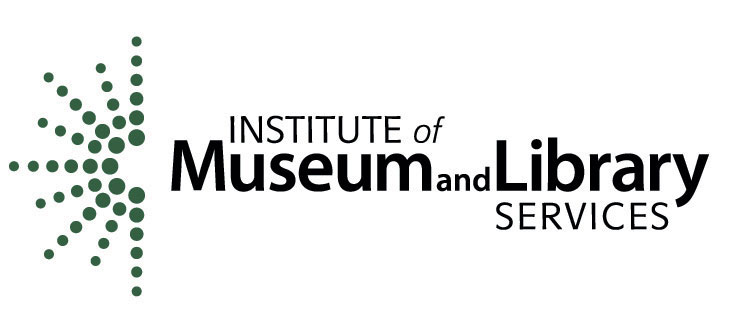
RTI Dissemination and Impact
The goals of the Research Training Institute (RTI) are to increase research competencies, quantity, quality, and dissemination, and build research capacity among health librarians to contribute to health and library improvements. The RTI Project Leadership Team is dedicated to sharing information and educating the public about the important work of the RTI. The team will share RTI successes, lessons learned, curriculum information, work products, data collection instruments, research results and impact, and reports to inform education and research programs in the library field and educate the public about the role and value of the health sciences librarian–led research.
RTI will communicate information and research findings using in-person, online, and print strategies that reach a broad range of audiences. Face-to-face dissemination efforts will include networking, sessions at professional meetings, and conference presentations. Online channels that will be used include the RTI website, @RTIatMLA, RTI Community of Practice forums (email discussion lists and resource sharing), RTI News, press releases, email discussion lists, social media, videos, photos, and data visualizations. RTI staff and participants will also create publications and posters that spotlight significant findings resulting from their participation in the RTI.
RTI News
 Read updates on the RTI News blog.
Read updates on the RTI News blog.
Look for the Research Spotlight logo in the RTI News blog to read about new librarian-led research from RTI participants.
RTI-Related Presentations
-
Lessick S, Susan, Philbrick J, Vardell E, Cleveland A. Deepening Research Capacity of Health Sciences Librarians: Effectiveness of the MLA Research Training Institute (RTI) Online Program. [PowerPoint slides]. Paper presented at: MLA|SLA '23 vConference & Exhibits; 16-19 May 2023. 30 PowerPoint slides, color.
-
Cleveland, AD, Philbrick JL, Vardell E, Lessick SL. Embedding Graduate LIS Students into the MLA Research Training Institute (RTI): An Unique Model for Research Methods Instruction. [PowerPoint slides]. Paper presented at: SCC/MLA Virtual Meeting; 12-14 Oct 2021.
-
Philbrick JL, Kloda LA, Lessick S, Vardell E. Transforming Practice through an Innovative Training Model: MLA Research Training Institute (RTI) [PowerPoint slides]. Paper presented at: MLA ’21 vConference & Exhibits; 10-27 May 2021. 34 PowerPoint slides, color.
-
Philbrick JL, Kloda LA, Lessick S. Looking back two years: assessment results of MLA’s Research Training Institute. Paper presented at: South Central Chapter (SCC)/MLA Virtual Meeting 2020; 25–29 Oct 2020.
- Philbrick JL, Kloda LA, Lessick S. Research Training Institute (RTI) assessment results two years after: building a research support system for health sciences librarian-researchers [PowerPoint slides]. Paper presented at: MLA ’20 vConference & Exhibits; 27 Jul–14 Aug 2020. 20 PowerPoint slides, color.
- Kloda L, Philbrick J, Lessick S. Reducing uncertainty: building health sciences librarians’ capacity for evidence based practice through a Research Training Institute [PowerPoint slides]. Paper presented at: Using Evidence in Times of Uncertainty: 10th International Evidence Based Library and Information Practice Conference; Glasgow, Scotland, UK; 17–19 Jun 2019. 22 PowerPoint slides, color.
- Philbrick JL, Kloda LA, Lessick S. Elevating health sciences librarians’ research capacity through an innovative Research Training Institute (RTI) [PowerPoint slides]. Paper presented at: Elevate! MLA ’19: Medical Library Association Annual Meeting; Chicago, IL; 3–8 May 2019. 24 PowerPoint slides, color.
- Lessick S. Research Training Institute (RTI) for health sciences librarians update [PowerPoint slides]. Paper presented at: Adapting | Transforming | Leading, MLA ’18: Medical Library Association Annual Meeting; Atlanta, GA; 18–23 May 2018. 20 PowerPoint slides, color.

Data Collection Instruments
Data collection instruments are tests, questionnaires, inventories, interview schedules or guides, rating scales, and survey plans or any other forms that are used to collect information. The RTI will develop, collect, and share data collection tools used in, and relevant to the studies of institute participants, and various evaluation processes of the institute. More information will be available in the future.
Data Visualizations
RTI News: Research Interests of Librarians 2020 (word cloud images, 2018–2019), June 11, 2020
Visualizing the Research Topics of 2018 RTI Applicants, September 5, 2018


